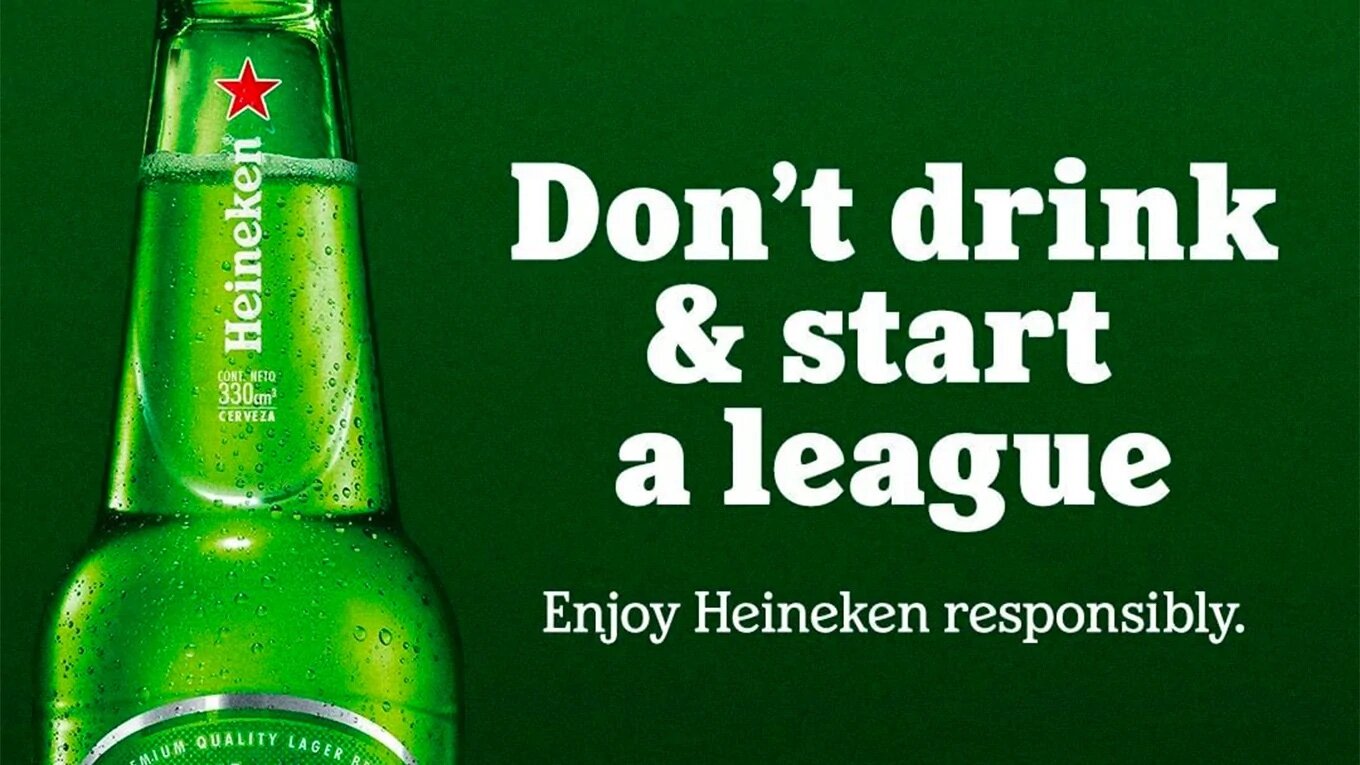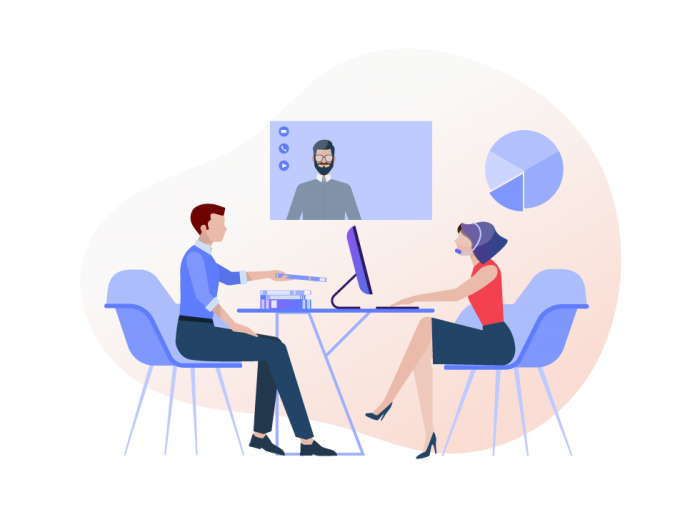Illustration: E. Wikander/Azote
The primary motivating factor behind all human behaviour is the desire to avoid pain and the desire (or need) to gain pleasure. My values are “old school”, as I think selling is the process of motivation after you have discovered the reasons why the buyer should buy your products or services. Those of you who are from my school of thought, believe that people don’t buy needs, they buy wants. And then the big question is, how do you build tremendous wants for your products?
We know that if you can make people want your products or services badly enough, they will find a way to justify their purchase. For example, online shopping for luxury goods has soared, doubling its market share from 12% in 2019 to 23% in 2020. This indicates the profound shift in consumer behaviour as well as the results of people shopping from home due to Covid 19. The key to succeeding in these times will be for brands to meet customers’ expectations in a more seamless manner across all of their channels. Especially as brands contend with store closures, travel disruptions and ongoing threat of future lockdowns. Contact me via e-mail for workshops around improving your online customer support, click and collect initiatives and contactless payment procedures.






















